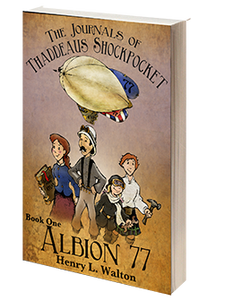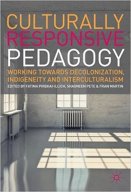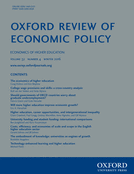
As UK Higher Education institutions continue to accept students from ethnically diverse backgrounds, scholars argue that this changes how as educators we should view the student body. A popular view among academics is that there is now a responsibility on academics and institutions to provide learning environments and experiences that are inclusive, validating and affirming. Todays blog post is about discussing these issues within the context of a recent paper that I have written.



 First of all I would like to send everyone my very best wishes for 2017.
First of all I would like to send everyone my very best wishes for 2017. don’t normally do this, and something I hope to do more of in the future. If I find a interesting or curious article then I would like to write a short blog post on my thoughts, and hopefully share with the wider community.
don’t normally do this, and something I hope to do more of in the future. If I find a interesting or curious article then I would like to write a short blog post on my thoughts, and hopefully share with the wider community.
